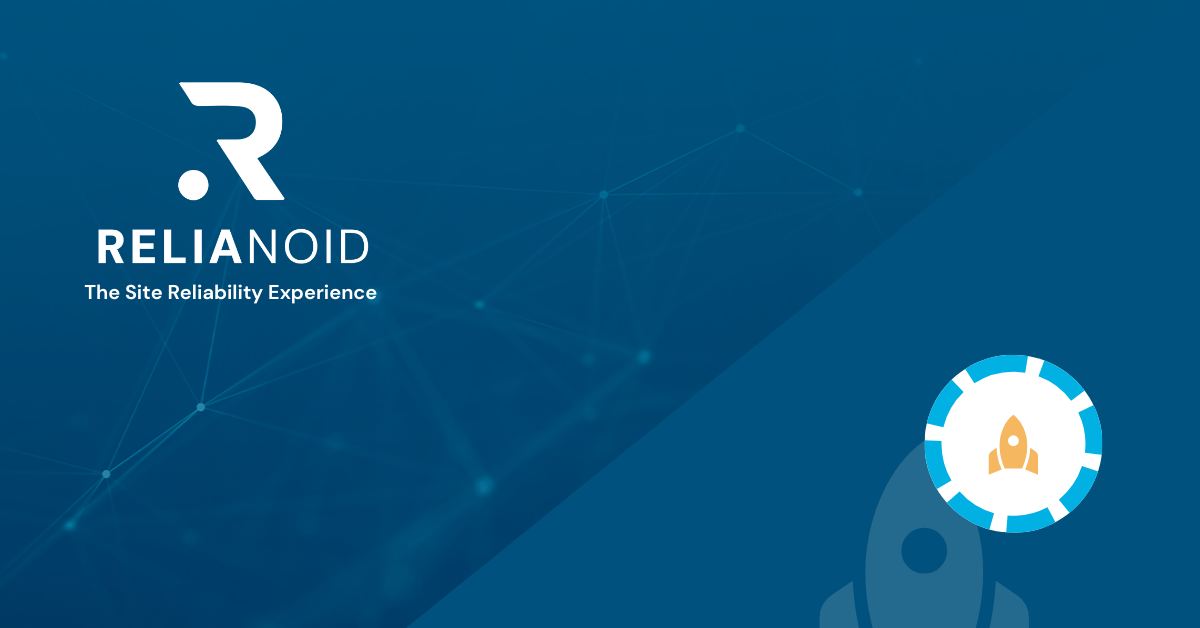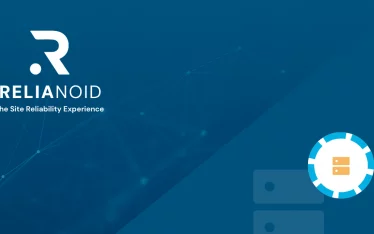
We’re proud to announce the release of RELIANOID 8.4 Enterprise Edition, a major update that elevates security, usability, and automation—featuring a modernized Debian Bookworm base, a fully upgraded WebUI with per-service Multi-Factor Authentication, enhanced clustering performance, and seamless integrations with AWS, Azure, and Google Cloud.
Changelog
New features:
[system] based on Debian Bookworm 12.12
[webui] full angular libraries and obsolete components upgrade
[webui] several usability improvements
[webui] integration of multi factor authentication module
[cloud] amazon web services automated integration
[cloud] azure automated integration
[cloud] google cloud platform automated integration
[cloud] automated deployment via Terraform for AWS Azure and GCP
[system] noid-support replaces supportsave
[system] nftlb systemd support
[system] relianoid service systemd
Improvements:
[webui] lots of usability and aesthetic improvements
[lslb] improve l4 farms session removal
[backup] improve backups api handling
[net] allow virtual IPs with different subnet than the parent
[system] improve double dns configuration
[net] virtual interface fixes and improvements
[webui] responsive improvements
[ipds] multifactor authentication hardening improvements
[ipds] MFA TOTP usability improvements
[cluster] improve cluster tracked interfaces behavior
[net] vpn rebranding
[lslb] letsencrypt rebranding
[hardware] bsp improvements
[lslb] log farm support for dsr and stateless dnat
[gslb] backend status view
Bugfixes:
[lslb] fix remote desktop disconnection issues
[lslb] fix l4 farms sessions removal when there are no backends available
[gslb] fix gslb farmguardian configuration
[lslb] high performance eproxy fixes
[dslb] fix datalink stats
[system] notifications escaped passwords fix
[ipds] fix lua files creation
[webui] fix farmguardian apply on http farms
[system] vulnerabilities solved: CVE-2024-56171, CVE-2025-40908, CVE-2025-49794, CVE-2025-49796, CVE-2011-10007, CVE-2025-32462, CVE-2025-8714, CVE-2025-8715, CVE-2025-32988, CVE-2025-32990, CVE-2022-49043, CVE-2023-31484, CVE-2025-24928, CVE-2025-4802, CVE-2025-7424, CVE-2025-47273, CVE-2023-52425, CVE-2024-25062, CVE-2024-34459, CVE-2024-8176, CVE-2025-27113, CVE-2025-32414, CVE-2025-32415, CVE-2025-40928, CVE-2025-6021, CVE-2025-9230, CVE-2025-40927, CVE-2025-6965, CVE-2025-5222, CVE-2025-30722, CVE-2023-39615, CVE-2023-40403, CVE-2023-45322, CVE-2025-6395, CVE-2024-50602, CVE-2025-3576, CVE-2025-40909, CVE-2025-8058, CVE-2025-9232, CVE-2025-30693, CVE-2025-32989, CVE-2023-52969, CVE-2023-52970, CVE-2023-52971, CVE-2025-4373, CVE-2025-4598, CVE-2025-7039, CVE-2025-8713, CVE-2025-6170, DSA-5923-2, DSA-5979-2, DSA-5983-1, DSA-5990-1, TEMP-1111844-CF9125
Release Notes
RELIANOID 8.4 marks a major evolution of the Enterprise Edition, introducing substantial security improvements, modernized infrastructure, and a redesigned user experience. This release focuses on strengthening system resilience, simplifying administration through enhanced automation, and bringing advanced authentication capabilities to every layer of service management.
The platform is now built on Debian Bookworm 12.12, offering a more secure, stable, and up-to-date foundation with long-term support. This upgrade brings key performance enhancements and ensures compatibility with the latest kernel, security, and networking libraries. System operations have been modernized with full systemd integration for core services such as relianoid and nftlb, ensuring more consistent control and better process management. The legacy supportsave utility has been replaced by noid-support, delivering improved diagnostic collection and simplified support workflows.
A major highlight of RELIANOID 8.4 is the introduction of Multi-Factor Authentication (MFA) across the web interface, providing administrators with an additional layer of security per service. The new MFA configuration panel allows flexible setup of TOTP-based authentication for individual users and services, complemented by enhanced hardening mechanisms and usability improvements in the IPDS (Intrusion Prevention and Detection System) module. These changes represent a significant step forward in meeting modern cybersecurity standards and compliance frameworks.

The Web User Interface (WebUI) has undergone a comprehensive modernization, with the full upgrade of Angular libraries and the removal of obsolete components. The interface now offers smoother navigation, refined responsiveness across devices, and numerous usability and aesthetic improvements. This redesign enhances the overall user experience, making management tasks faster and more intuitive. Responsive design updates ensure optimal interaction on any device, while multiple visual refinements improve clarity and accessibility.
For cloud deployments, RELIANOID 8.4 introduces automated integrations with major cloud providers—Amazon Web Services, Microsoft Azure, and Google Cloud Platform—enabling seamless setup, provisioning, and synchronization within hybrid and multi-cloud environments. But this release also introduces Terraform-based automation for cloud provider deployments, enabling faster, consistent, and scalable infrastructure management across hybrid environments. These integrations simplify operations and accelerate deployments, aligning with enterprise demands for agility and scalability.
Networking and clustering subsystems have also been strengthened. Cluster interface tracking behavior has been improved for better synchronization and failover reliability. Networking capabilities now allow virtual IPs with different subnets than their parent interfaces, increasing flexibility in complex architectures. Enhancements to the double DNS configuration and virtual interfaces further improve stability and resilience. Additionally, LSLB (Layer 4 and Layer 7 load balancing) introduces improved session handling, extended logging support for DSR and stateless DNAT modes, and refreshed branding for Let’s Encrypt and VPN components.
From a security perspective, RELIANOID 8.4 delivers one of the most comprehensive patch sets to date. Over 50 vulnerabilities were addressed, covering high-impact CVEs across system libraries, cryptographic modules, and kernel-level components. Among these, CVE-2024-56171, CVE-2025-40908, and CVE-2025-49794 resolved privilege escalation and memory corruption risks; CVE-2023-52425 and CVE-2024-50602 addressed remote code execution and DoS vulnerabilities; and multiple Debian advisories (DSA-5923-2 through DSA-5990-1) were integrated to ensure end-to-end hardening. Together, these updates elevate the overall security posture of the platform, reinforcing RELIANOID’s commitment to proactive protection and compliance with modern security standards.
Bug fixes in this version further enhance system reliability. Issues affecting LSLB session handling, remote desktop stability, and GSLB farmguardian configuration have been resolved. The WebUI now correctly applies farmguardian settings to HTTP farms, and several fixes improve notification handling, Lua file creation, and datalink statistics reporting.
RELIANOID 8.4 is a significant step forward in secure, intelligent, and cloud-ready load balancing. With its upgraded Debian base, enhanced clustering logic, integrated multi-factor authentication, and fully refreshed web experience, this release empowers enterprises to deliver applications with greater confidence, efficiency, and resilience.
Resources
Download Latest RELIANOID Load Balancer Enterprise Edition
Enterprise Edition v8 Administration Guide
Multi-factor Authentication Documentation
Cluster Service Documentation
Eproxy Administration Documentation
What’s new in RELIANOID EE v8


